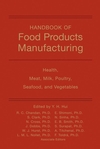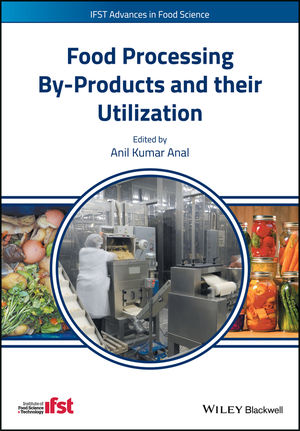FSIS announces public health alert for ground turkey products

The U.S. Department of Agriculture's Food Safety and Inspection Service is issuing a public health alert due to concerns about illnesses caused by Salmonella heidelberg that may be associated with use and consumption of ground turkey.
This public health alert was initiated after continuous medical reports, ongoing investigations and testing conducted by various departments of health across the nation determined there is an association between consumption of ground turkey products and an estimated 77 illnesses reported in 26 states. The illnesses were linked through an epidemiologic investigation and PFGE analyses by state health departments and The Centers for Disease Control and Prevention (CDC).
This public health alert was initiated after continuous medical reports, ongoing investigations and testing conducted by various departments of health across the nation determined there is an association between consumption of ground turkey products and an estimated 77 illnesses reported in 26 states. The illnesses were linked through an epidemiologic investigation and PFGE analyses by state health departments and The Centers for Disease Control and Prevention (CDC).
CDC is partnering with state health departments to monitor the outbreak while FSIS focuses its investigation on potential identification of a contamination source(s).
Source: FSIS
Looking for a reprint of this article?
From high-res PDFs to custom plaques, order your copy today!
Salmonella
August 5, 2011
Salmonella is very complex and has been described by several different systems of nomenclature. Salmonella Heidelberg strains are often associated with food poisoning and show higher rates of resistance to multiple antimicrobial agents. Therefore, it's good that public warning is initiated so that the populace will be aware, thus preventing them from expensive treatment that may be equated to payday loans because Salmonella Heidelberg poisoning can lead to gastroenteritis and serious illness.In rare cases, it can develop into bacteremia, an infection of the blood. Further monitoring must really be continuous so that proportion of victims will taper off.





.png?height=200&t=1666223298&width=200)


